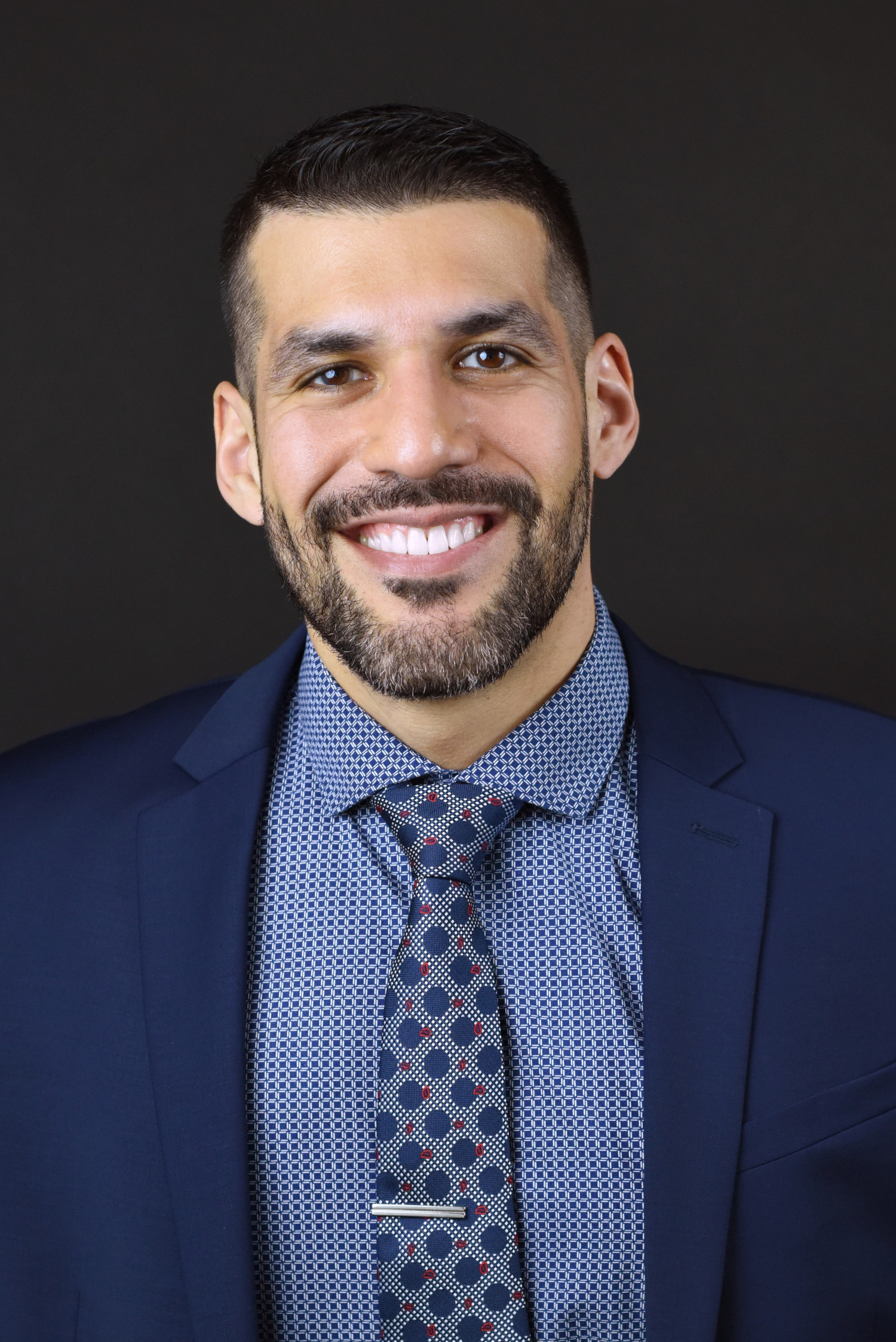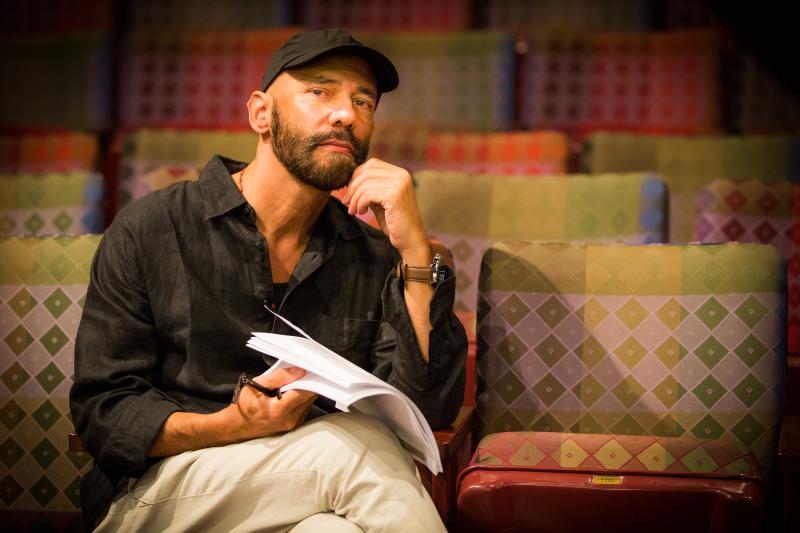Feature: DREAMERS at Washington Performing Arts

One of the values of art is that it allows us to examine and make sense of our world - some of the greatest pieces of art are the ones that have elevated a particular social issue or explored the impact of an event on a population. Art allows both the creator and the consumer to work through emotions, thoughts, and facts, and to better understand both oneself and one's surroundings.
One of the central topics of our current national discussion is, of course, immigration. The debates over immigration have spanned the entire length of American history, but have lately taken on an elevated pitch, both in rhetoric and in action. In today's political climate, it's difficult to really parse through the details of the complex and often heartbreaking situation. In hopes of allowing art to help form an understanding and response, Washington Performing Arts co-commissioned Dreamers, a symphonic piece written by Jimmy López (composer) and Nilo Cruz (librettist). Dreamers staged its world premiere at U.C. Berkeley's Zellerbach Hall on March 17th, featuring a simulcast at Sidney Harman Hall in Washington, DC, linking the organizing sponsors on each coast. The performance featured the Philharmonia Orchestra and the UC Berkeley Chamber Chorus, as well as soloist Ana María Martínez, and was conducted by Esa-Pekka Salonen.
In Washington, DC, the simulcast was featured as part of the Dreamers Project, a series of programs and events centered around the contributions and experiences of Latinx immigrants, highlighting art, literature, and policy discussions. Nationally, this performance served as a kick-off point for a series of performances that will take place across the country in the coming year.
It's fitting that the first performance take place in Berkeley, which holds the distinction of the first sanctuary city in the United States - though, in 1971, when the city established itself as a sanctuary, it was for Vietnam dissidents, not immigrants. Still, the status has held, and has been expanded to include a refuge for immigrants and refugees, which was part of the draw for composer López when he started this piece. "I wanted to create a work of art that would be engaging to the community," he explained, noting that, when the piece was commissioned in 2016, Berkeley had 500 Dreamers (the colloquial name for undocumented immigrants brought to the country as children who have been raised as Americans). López set out to interview them, and was joined by librettist Cruz for a second round of interviews in 2018; these interviews served as the basis for the final piece, which is a poetic retelling than a documentary, weaving the stories together.
When Dreamers was first commissioned in 2016, the outlook on immigration issues was dramatically different than it is today. "It's difficult to work on a piece while following the news all the time." López reflected. "It makes it really real, and close to home. You have to be extremely sensitive when covering this subject - a lot of the Dreamers who were brave enough to come forward to tell their stories started to worry about retaliation. They're now understandably more protective."

The creators tried to include that uncertainty in the piece, noting that the crisis point we've seen with immigration has happened in the past in some form, and will likely occur again. As a result, they hoped to create a work of art that not only reflected on the current group of immigrants, but also had a broader appeal. "I was an immigrant," López explained. "I understand being away from home, not understanding the language - the idea of being the 'other.' The placement of not belonging is something I was very connected to in the piece. We understand what being an immigrant is, and why it's important to tell this story. Obviously, there's a large population of Dreamers who come from Latin America, but there are waves of immigrants from plenty of other countries - the whole country is made of immigrants. It's important to keep perspective."
At the same time, the immigrant experience is as vast and varied as any other experience in this country. Although the orchestration focuses on Dreamers, it includes many other immigrant stories - and even Dreamers' stories will vary. "Some came when they were children or babies and have known nothing but the US, some came as teenagers so they had established identities," López mused. "Some came from mixed families with citizen children and parents that never will have path to citizenship - there's no easy way out, and it can break up families."
López also hopes his music will help break the expectations set by the label. "The 'Dreamers' label also can be used to set people aside," he explained, "So we work to present different stories. Some flee war, drug trade, poverty - not everyone will have the privilege I had to hear their stories first-hand, so I wanted to communicate those things."
When asked about his hopes for the performances, López's goals are simultaneously realistic and optimistic. "Keep an open mind and open ears when you come," he requests. "If you're going to come with a pre-formed idea, you're missing it. Allow yourself to experience the piece. Music is a wonderful means of communication that goes beyond the verbal to the emotional, but that can only be done if you let down all your defenses and come in open, regardless of your opinion.
"I hope when it's over that people reflect on it. I hope that those who are not aware of the debate inform themselves a little more, and form an educated opinion. I'd like to open a civilized dialogue on the subject."
The complete orchestration aims to start that dialogue by featuring not only the stories of Dreamers, but of many other immigrants, and highlights perspectives from all ages and backgrounds.It culminates in a reflection of all these narratives, and their place in the greater American story, looking not just at immigrants, but also the stories of other Americans - from slaves to farmers to women to black communities to businesses to politicians.
"I'm happy it's attracted a lot of attention - it means a lot of people who aren't familiar with orchestra are coming to see this piece," López noted. "Ultimately it's a work of art - a musical work that's trying to convey this story.
"The point, besides making beautiful art, is to create empathy and awareness."
For more information on Washington Performing Arts' Dreamers Project, check their list of events.
Comments
Videos

